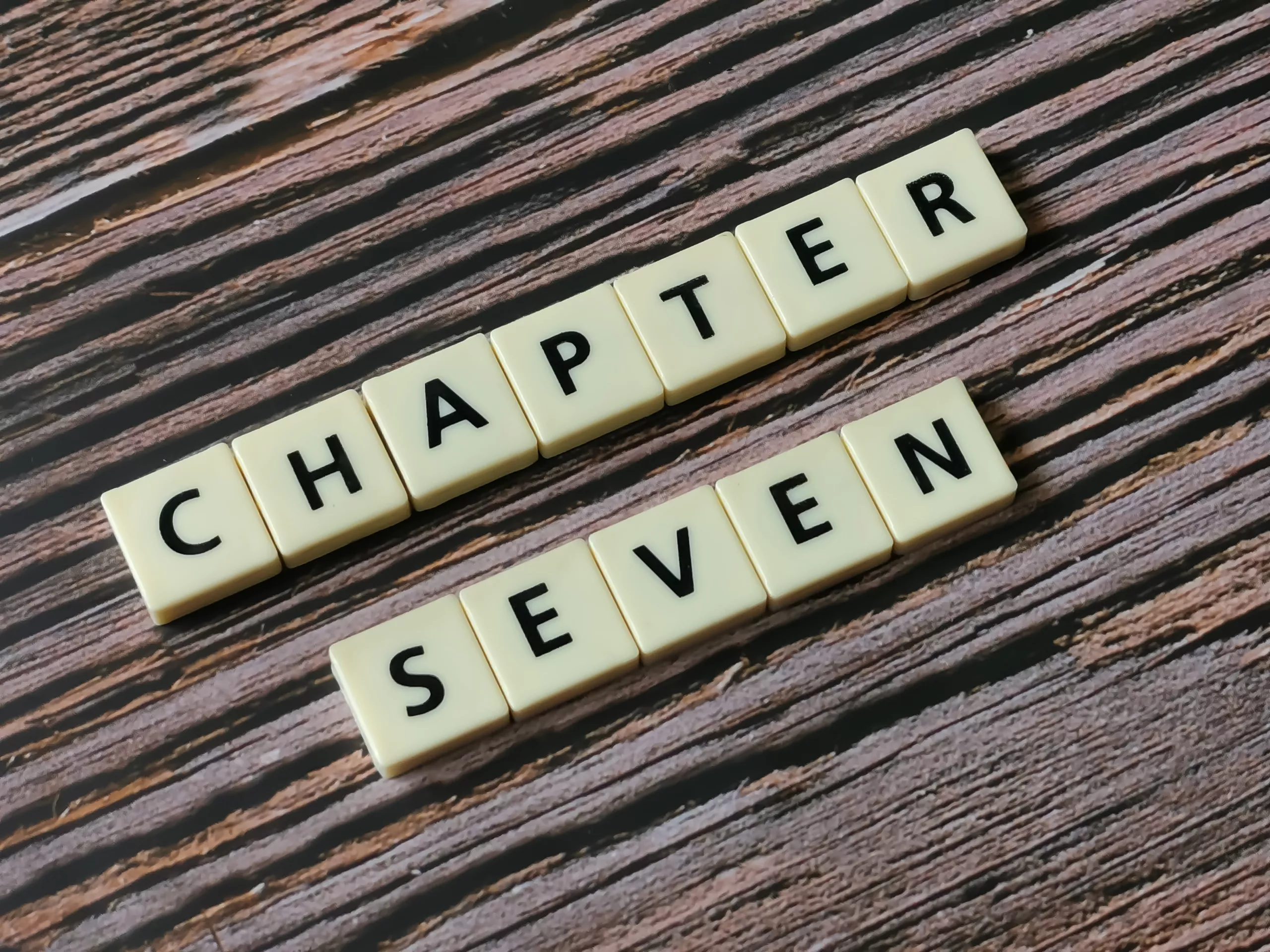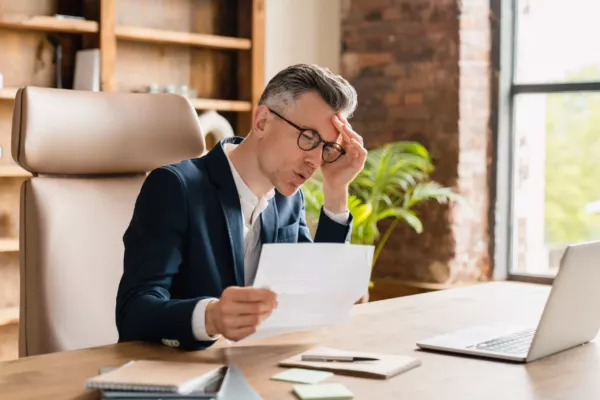Karina Lucid, New Jersey bankruptcy lawyer, provides answers to common bankruptcy FAQs. Karina has extensive knowledge of bankruptcy law and can provide sound legal counsel. The following bankruptcy FAQs are for general information only. Nothing in these should be consider legal counsel. However, you can schedule a free consultation with Karina and the Lucid Law team to discuss your particular situation.
What Can Bankruptcy Do for Me?
Bankruptcy can eliminate any legal obligation requiring you to pay all, or most of your debts. In some circumstances, it can stop the foreclosure of property by issuing an “automatic stay,” protecting your car or home. Bankruptcy can also ensure your utilities remain on, while you catch up on any missed payments. Filing for bankruptcy can put an end to wage garnishments and prevent creditors from attempting to collect unpaid balances.
To sum, bankruptcy can eliminate any legal obligation requiring you to pay all, or most of your debts.
Is There Anything Bankruptcy Cannot Help Me With?
Filing for bankruptcy will not discharge debts that bankruptcy law singles out for special treatment. Hence, you must continue to pay child support, alimony, some student loans, restitution orders, and criminal fines.
What Type of Bankruptcy Am I Able to File for?
Chapter 7 Bankruptcy: This option is appropriate for those with low incomes or for individuals with extensive expenses. Also called “straight” or “liquidation” bankruptcy, Chapter 7 allows you to sell certain types of property to pay creditors.
Chapter 11 Bankruptcy: Known as “reorganization,” Chapter 11 bankruptcy is for businesses with very large debts. This option enables organizations to pay debt over time. Chapter 12 Bankruptcy: This form of bankruptcy provides debt relief for family farmers or fishermen. It enables these individuals to restructure their expenses to avoid foreclosure.
Chapter 13 Bankruptcy: This type of bankruptcy is best for individuals with a regular income. An individual can design an installment plan to pay debts back using their current source of income.
Will I Have to Appear in Court?
In most bankruptcy cases, you must meet with creditors and the bankruptcy trustee to address financial information and answer questions. You will only be required to appear in court if you need to dispute a debt.
What Happens to Anyone Who Has Co-Signed On My Loan?
Unfortunately, if a friend or family member co-signed on a loan, he or she may be liable for your debt. However, these circumstances may be mitigated by filing for Chapter 13 bankruptcy
Will Bankruptcy Help with My Student Loans?
Generally, bankruptcy does not affect students. However, there are two exceptions to this rule:
- If a student loan is not insured or guaranteed by a unit of the government, the loan may be discharged.
- If paying back the loan will “impose an undue hardship on you and your dependents,” then the student loan may be discharged.
How Can I Make Creditors Stop Calling Me Regarding My Past Due Bills?
All creditors and bill collectors must stop collection efforts entirely once they are aware you have filed for bankruptcy. Therefore, if any creditor continues collection efforts, they may be sanctioned in court.
Schedule a Free Consultation
When it comes time to file for bankruptcy, you need a compassionate and skilled attorney. Not only one who can provide answers to common bankruptcy FAQs, but can also handle your unique issues. At Lucid Law, we can help you with Chapter 7, Chapter 11, and Chapter 13 bankruptcy in New Jersey. We will be there every step of the way to help navigate you through the often-complex and difficult bankruptcy process.
Give us a call at 908-350-7505 to schedule a free consultation with one of our bankruptcy attorneys.



